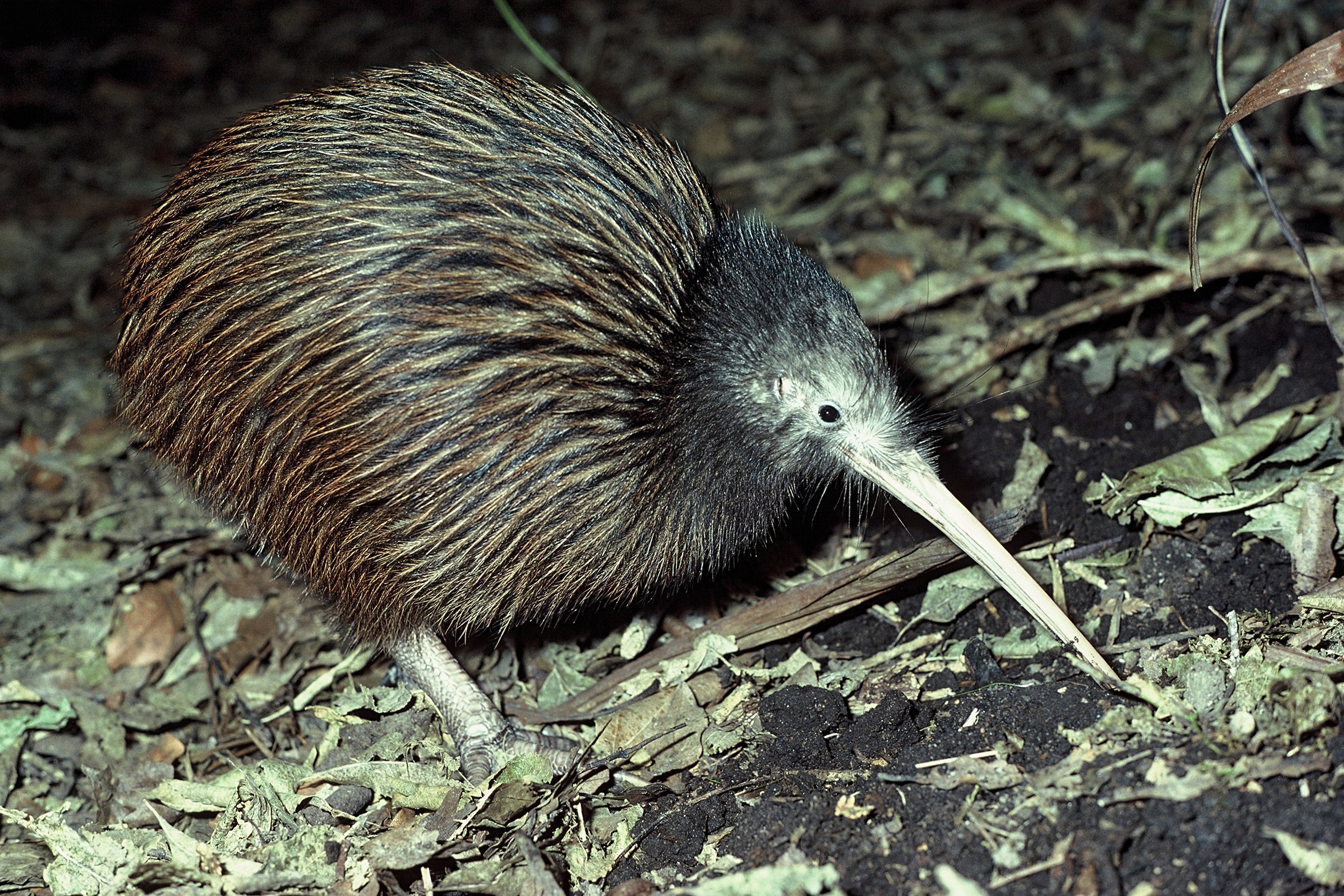Rare kiwi threatened by illegal pig release
Hokitika - Rowi, one of our rarest kiwi species, are under threat from pigs illegally released in Westland Tai Poutini National Park.
Department of Conservation south Westland operations manager Wayne Costello says about 25 pigs are thought to have been illegally placed in the Saltwater Forest area of the northern section of the park in July this year.
"It's incredibly irresponsible and jeopardises all the mahi that has gone into rowi conservation and the special values of the park,” Costello says.
“Pigs wreak havoc for ground nesting birds, such as kiwi and their young, as they will corner, kill and eat kiwi and wreck their habitat through trampling and rooting. Now they’re just a small swim across a river into neighbouring rowi habitat.”
As well as the danger they pose to birds, pigs eat seedlings and young trees, ringbark mature trees, damage tracks and cause erosion.
Pigs are a known vector for bovine TB so there is a risk for local farmers if these pigs were brought in from outside South Westland.
It is also illegal to release pigs anywhere. Pig populations expand very quickly as they have multiple offspring and no natural predators.
“A DOC team recently found fresh signs of pigs and a farmer has seen some on his boundary with the park. It seems there are now significant numbers of pigs scattered widely through the northern section of the park which is an ecological catastrophe,” Wayne Costello says.
The statutory body with responsibilities for game animals and hunting, the Game Animal Council (GAC), has also condemned the release.
The illegal release of any game animal is extremely disappointing and to release pigs so near to a critical kiwi habitat is particularly reckless.
Pigs are an adaptable species that can become established in an area quickly. While they are a valuable food resource for many communities, that is absolutely no justification for intentionally spreading them into a national park.
The rowi (Apteryx rowi) was only identified as a distinct kiwi species in 2003. Before then, it was thought to be a variety of brown kiwi.
While similar in size to brown kiwi, rowi are distinguished by soft and slightly greyish plumage, and occasional white facial feathers.
Rowi are New Zealand’s rarest kiwi species, with an estimated population of 500 birds. While one of the three tokoeka taxa has an even smaller population (Haast tokoeka are estimated to total just 400), the whole tokoeka species is estimated to number nearly 26,000.
The only wild population of rowi is found at Okarito, near Franz Josef. Most rowi live within the Okarito kiwi sanctuary. All rowi are under active management to protect them from predators, particularly stoats. Rowi are classified as a threatened and nationally endangered species.















Lisa was born in Auckland at the start of the 1970s, living in a small campsite community on the North Shore called Browns Bay. She spent a significant part of her life with her grandparents, often hanging out at the beaches. Lisa has many happy memories from those days at Browns Bay beach, where fish were plentiful on the point and the ocean was rich in seaweed. She played in the water for hours, going home totally “sun-kissed.” “An adorable time to grow up,” Lisa tells me.
Lisa enjoyed many sports; she was a keen tennis player and netballer, playing in the top teams for her age right up until the family moved to Wellington. Lisa was fifteen years old, which unfortunately marked the end of her sporting career. Local teams were well established in Wellington, and her attention was drawn elsewhere.